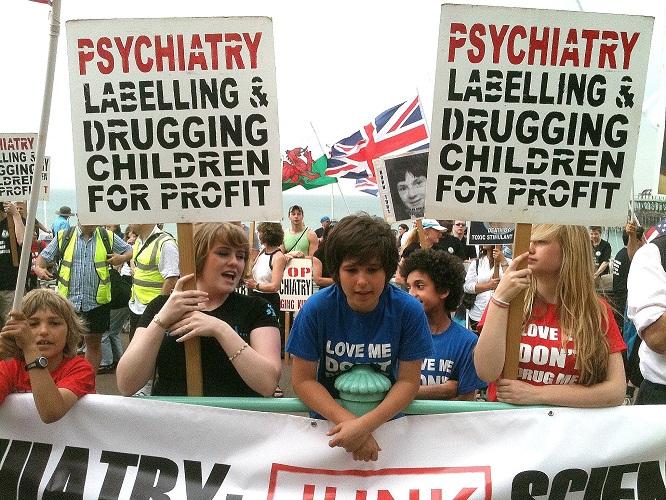Big lies from Big Insurance drown out the proper cure
Reviews published in the two most recent issues of the New York Review of Books (NYRB), taking the psychiatric profession to task for the shameful influence of the pharmaceutical industry, demonstrate the potentially destructive impulse of the profit motive.
Psychiatry has almost dropped its original reliance on therapy in favor of pills, despite evidence that therapy or, surprisingly, exercise are usually just as effective for depression as the new prescription drugs. There is more money in prescribing pills. Diagnosis of mental illness has expanded dramatically so that, as the review author ironically reports, “It looks though it will be harder and harder to be normal.”





SHARE YOUR STORY/COMMENT: